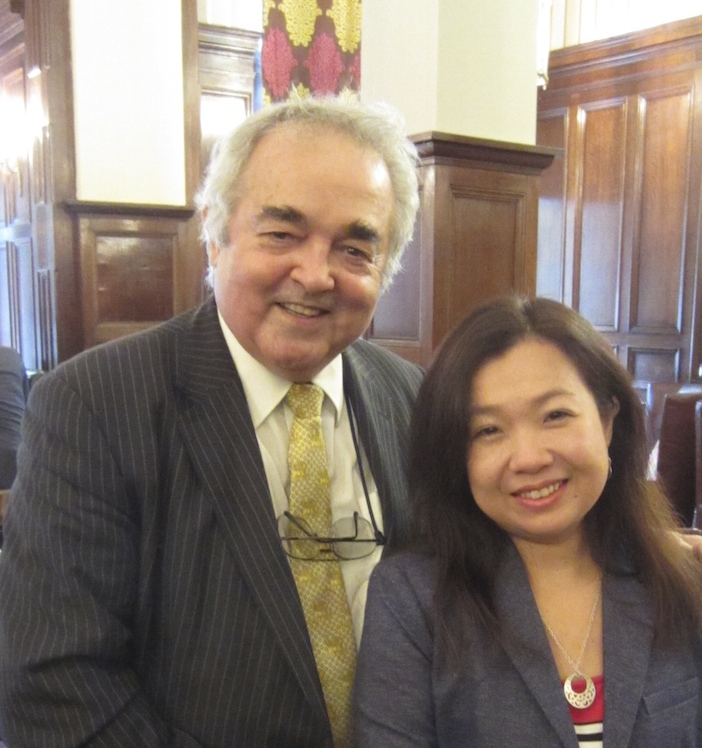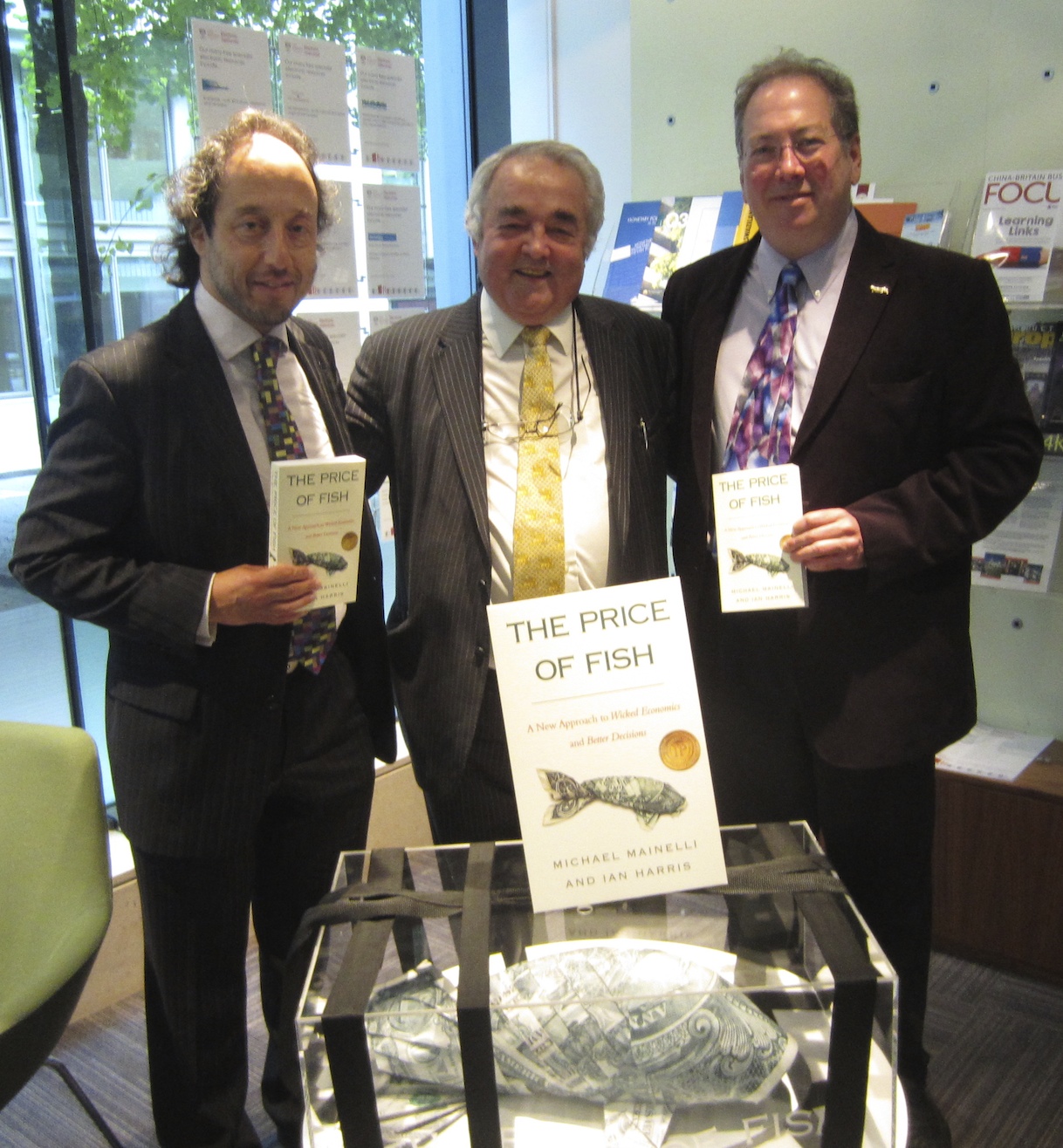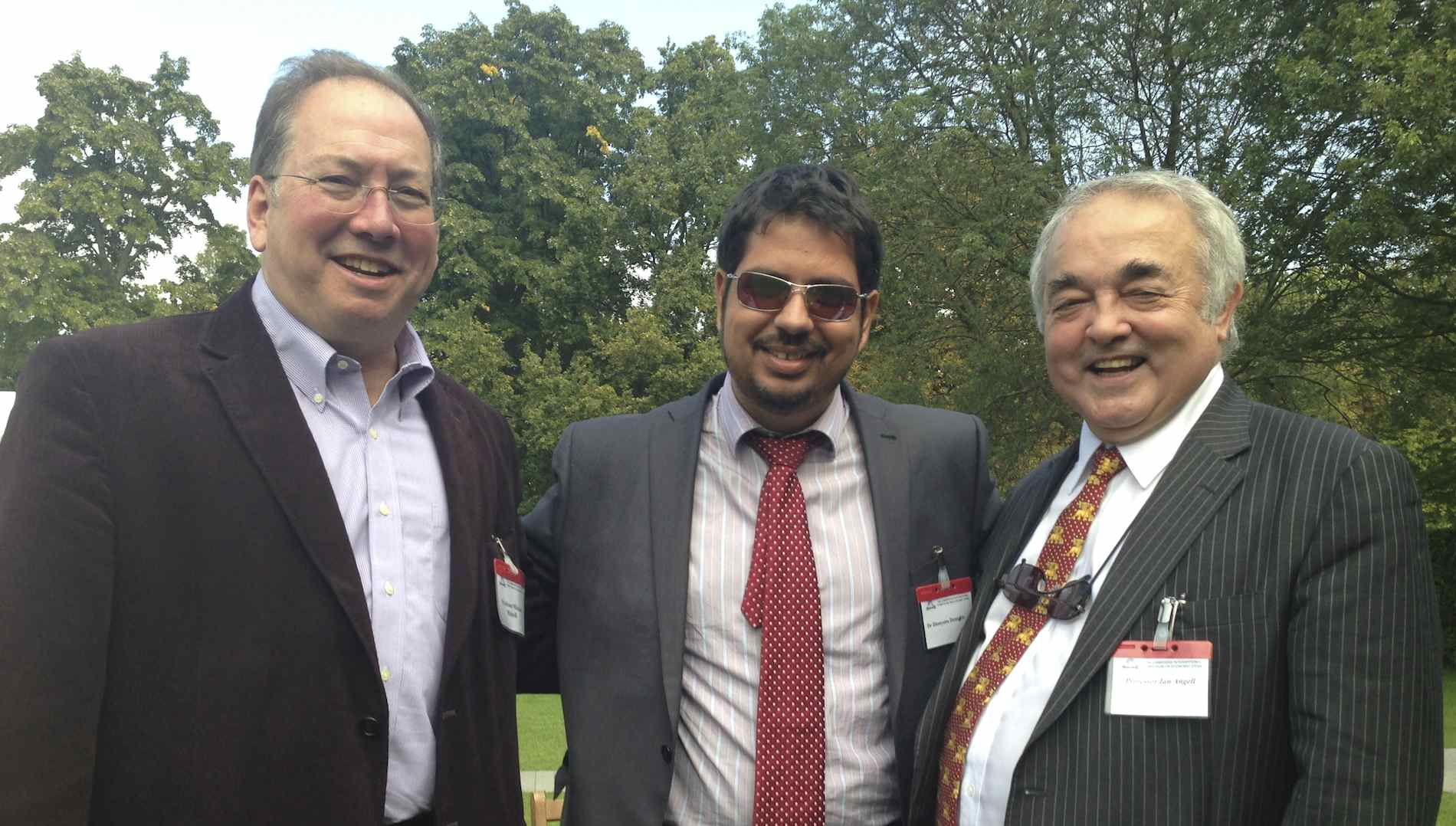I discovered a new word today. At least it’s new to me … backronym. It’s a clever play on acronym, the latter being an abbreviation formed from most/all of the initial letters of a phrase, and pronounced as a word. Apparently someone called Meredith Williams entered bacronym (a ‘k’ has since been added) for a competition in The Washington Post on 8 November 1983, as a portmanteau of back and acronym.
A backronym is taking a word in common use that is in some loose way connected to the topic at hand, and working backwards to form an acronym. One of the best I’ve come across is ACHOO: Autosomol dominant Compelling Helio-Ophthalmic Outburst. This is sneezing when confronted by bright light.
As far as I can see there are two types of backronym. The first where the name is used as intended (ACHOO), or those that are invented post hoc, and are intended to be humorous. BING, for example, does not stand for Because Its Not Google. What does it stand for? DELTA: Doesn’t Ever Leave The Airport.
Of course, acronyms like LASER or UNESCO are not backronyms, but if we are honest most acronyms we see in the worlds of business and science are in reality backronyms. DARWIN for example is very popular. It can stand for: Data Analysis and Retrieval with Indexed Nucleotide/Peptide Sequences; Design Assessment of Reliability with InspectioN; Developmental Aeronautics Revolutionizing Wind-tunnels with Intelligent systems for NASA; Dynamic Analytical Reporting Web-based Interactive Navigator.
Anyway the backronym that sparked my interest was QUID, the Quasi Universal Intergalactic Denomination, proposed as a “space currency” by Travelex. I was researching for a talk on my off-planet banking idea, when I came across the 2007 PR campaign by the foreign exchange company … it was launching a new form of money for ‘space tourists’ that sensibly had no sharp edges, was chemically inert, and had other advantages over paper/metal money when in space. Sadly it never ‘took off’ (you may groan at the joke).
A ‘Quid Note’ of course was British slang term for the now defunct One Pound Note, withdrawn in 1988 after the pound coin was introduced in 1983. Some people still call the coin a quid, and use phrases like “quids in” meaning to be in profit.
If you know of any backronyms then please pass them on.




